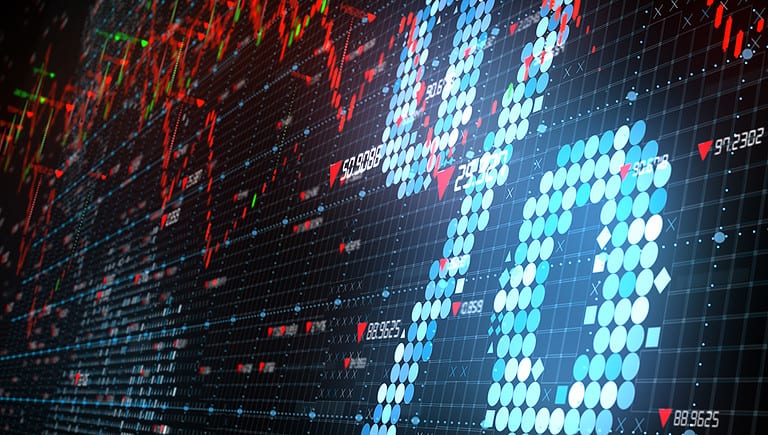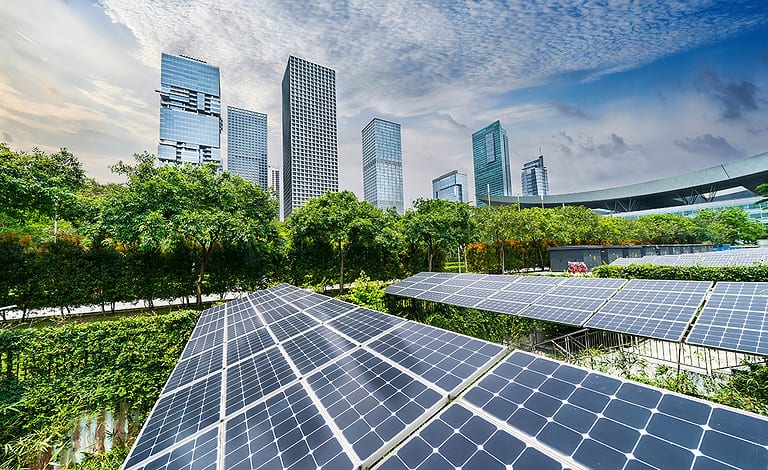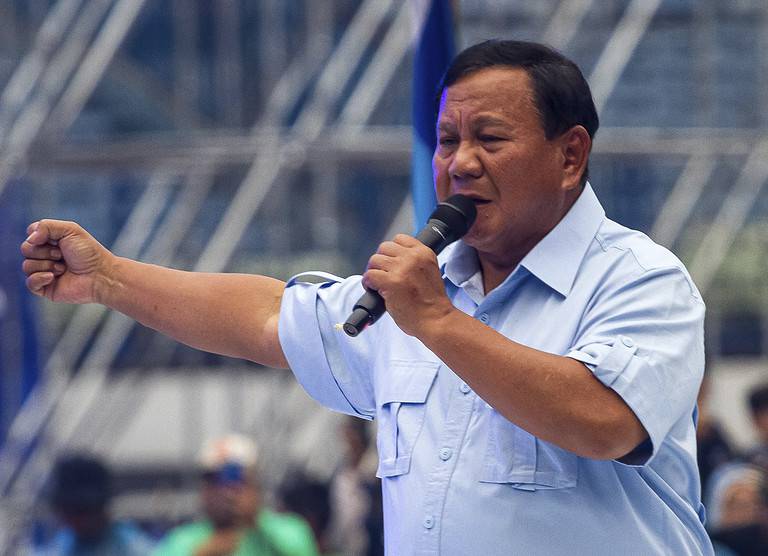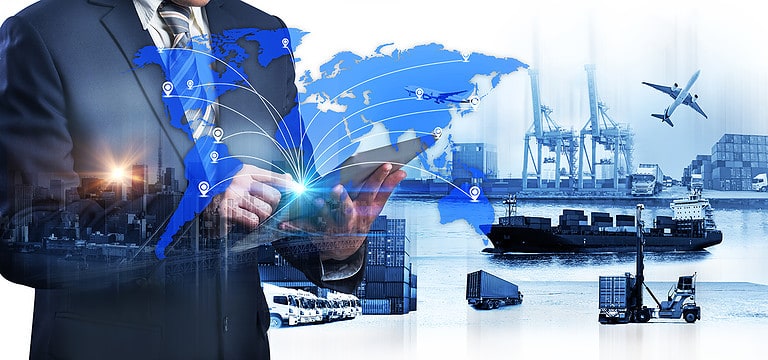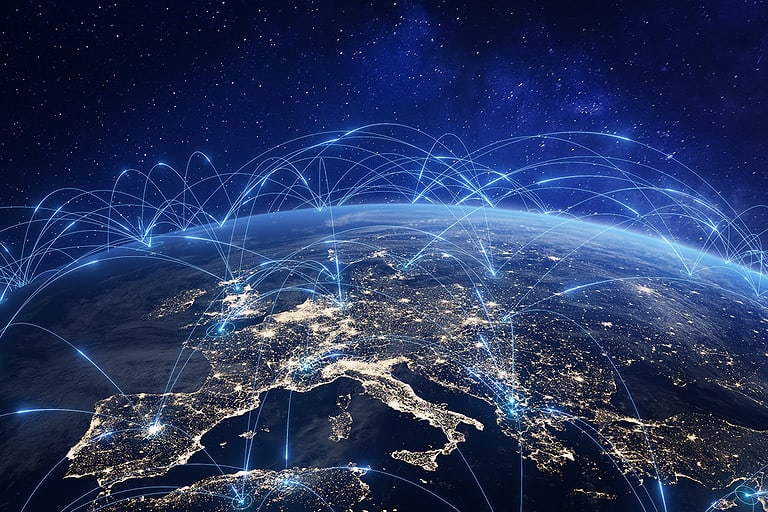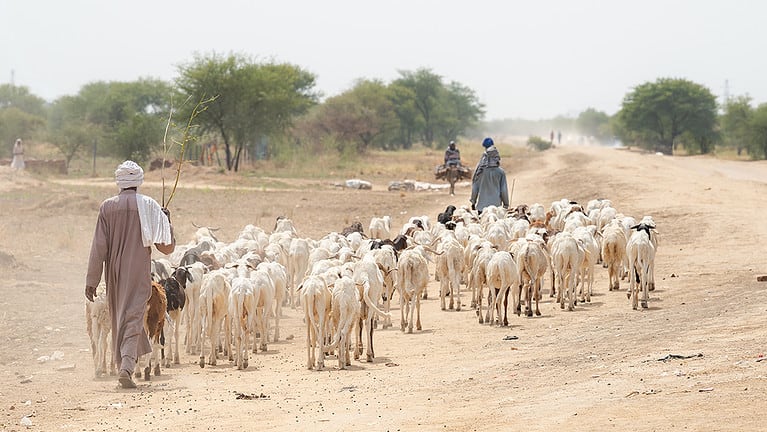
Browse additional economic indicators and data sets, selected by Global Finance editors, to learn more about Bangladesh economic outlook, debt to GDP ratio, international trade performance and population trends. Rankings of Bangladesh best banks and safest banks are also available.

Browse additional economic indicators and data sets, selected by Global Finance editors, to learn more about Azerbaijan economic outlook, debt to GDP ratio, international trade performance and population trends. Rankings of Azerbaijan best banks and safest banks are also available.

Browse additional economic indicators and data sets, selected by Global Finance editors, to learn more about Australia economic outlook, debt to GDP ratio, international trade performance and population trends. Rankings of Australia best banks and safest banks are also available.
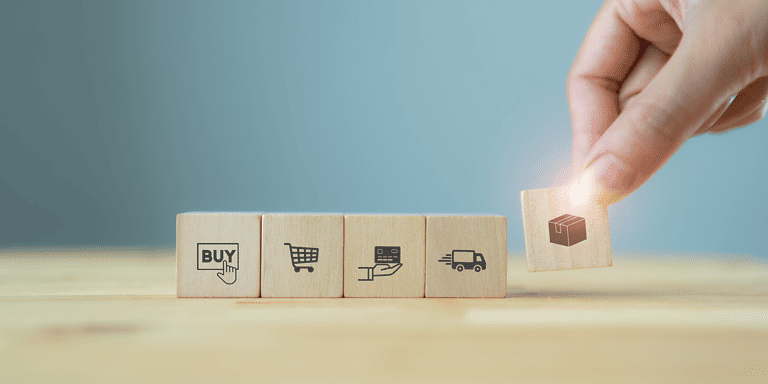
Sponsored Content
Browse additional economic indicators and data sets, selected by Global Finance editors, to learn more about Armenia economic outlook, debt...

Browse additional economic indicators and data sets, selected by Global Finance editors, to learn more about Armenia economic outlook, debt to GDP ratio, international trade performance and population trends. Rankings of Armenia best banks and safest banks are also available.






